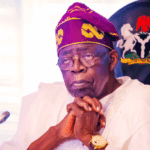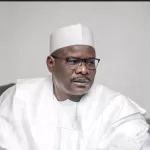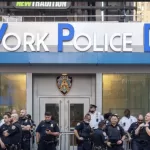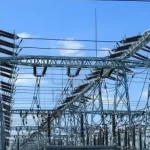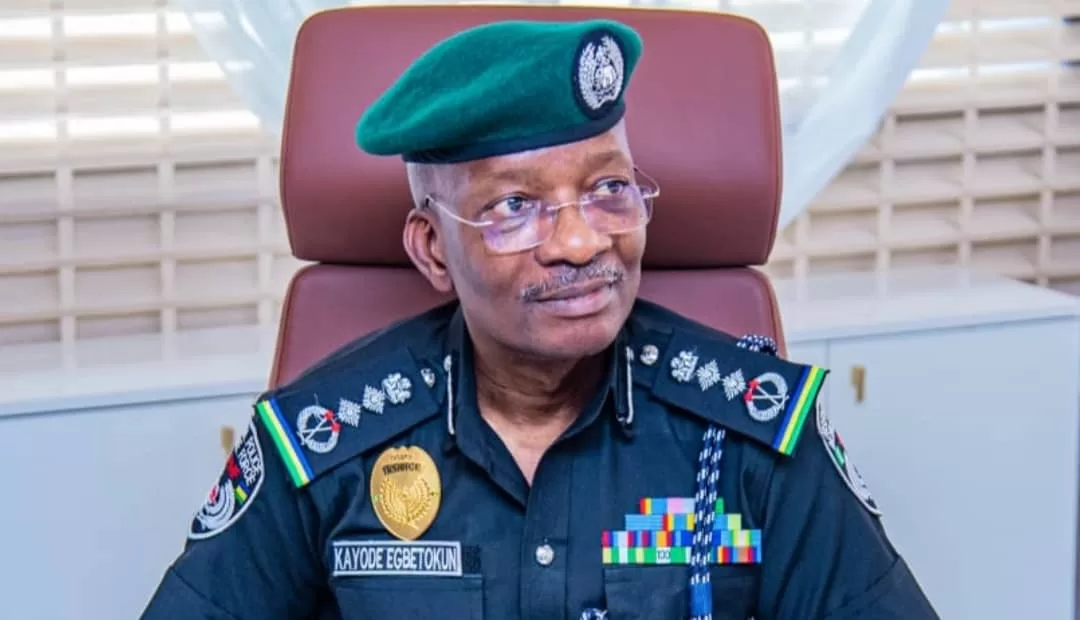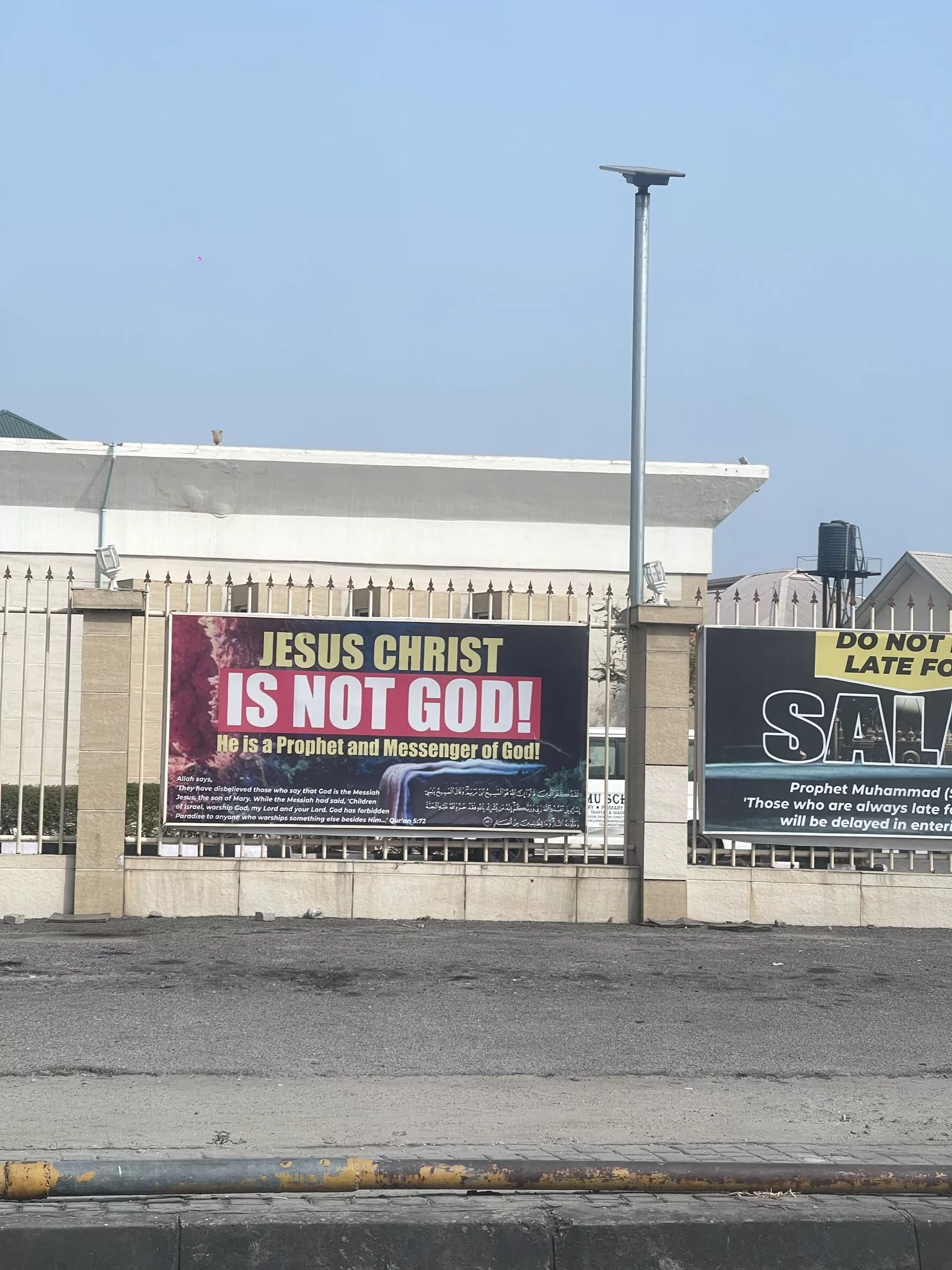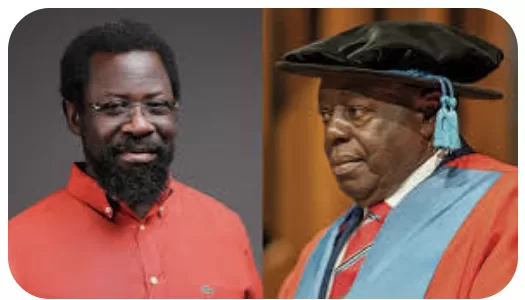The Nigeria Police Force (NPF) have objected to the creation of state police, arguing that the country does not have the resources and infrastructure required for such a restructuring of the force.
Kayode Egbetokun, Inspector General of Police (IGP), made this statement on Monday at a national dialogue on state police organised by the House of Representatives in Abuja.
The theme of the dialogue is, ‘Pathways to Peace: Reimagining Policing in Nigeria’.
Represented by Ben Okolo, Assistant Inspector-General of Police, Egbetokun said Nigeria is not ripe for the establishment of state police due to lack of adequate resources in place for police infrastructure.
He also said that state governors might exploit the advantage of state police for political purposes, potentially resulting in power misuse and human rights violations.
Furthermore, he contended that individual state governments lack the necessary funding to establish the level of policing the country needs.
“On the issue of state police, it is the submission of the leadership of the Nigeria Police Force that Nigeria is yet to mature and ready for the establishment of state-controlled police.
This is due to the underlying reasons such as lack of adequate resources in place for police infrastructure like police colleges, training schools, barracks, stations and vehicles for the state government.
“Again, there are potential for abuse of power by state political leadership. State governors could use police forces under their control for political or personal gain and undermine human rights and security.
“Creating state police at the moment will exacerbate ethnic tension in the country. It could equally lead to potential for dividend loyalty as there will be multiple commands in the state,” Egbetokun said.
He, however, recommended the merging of the Nigeria Security and Civil Defence Corps and the Federal Road Safety Commission to form a department in the Nigeria Police Force.
He also said there is a need for a yearly recruitment of about 30,000 police personnel into the force to meet the United Nations requirements for modern policing, while also increasing annual budgetary allocation to the force.

